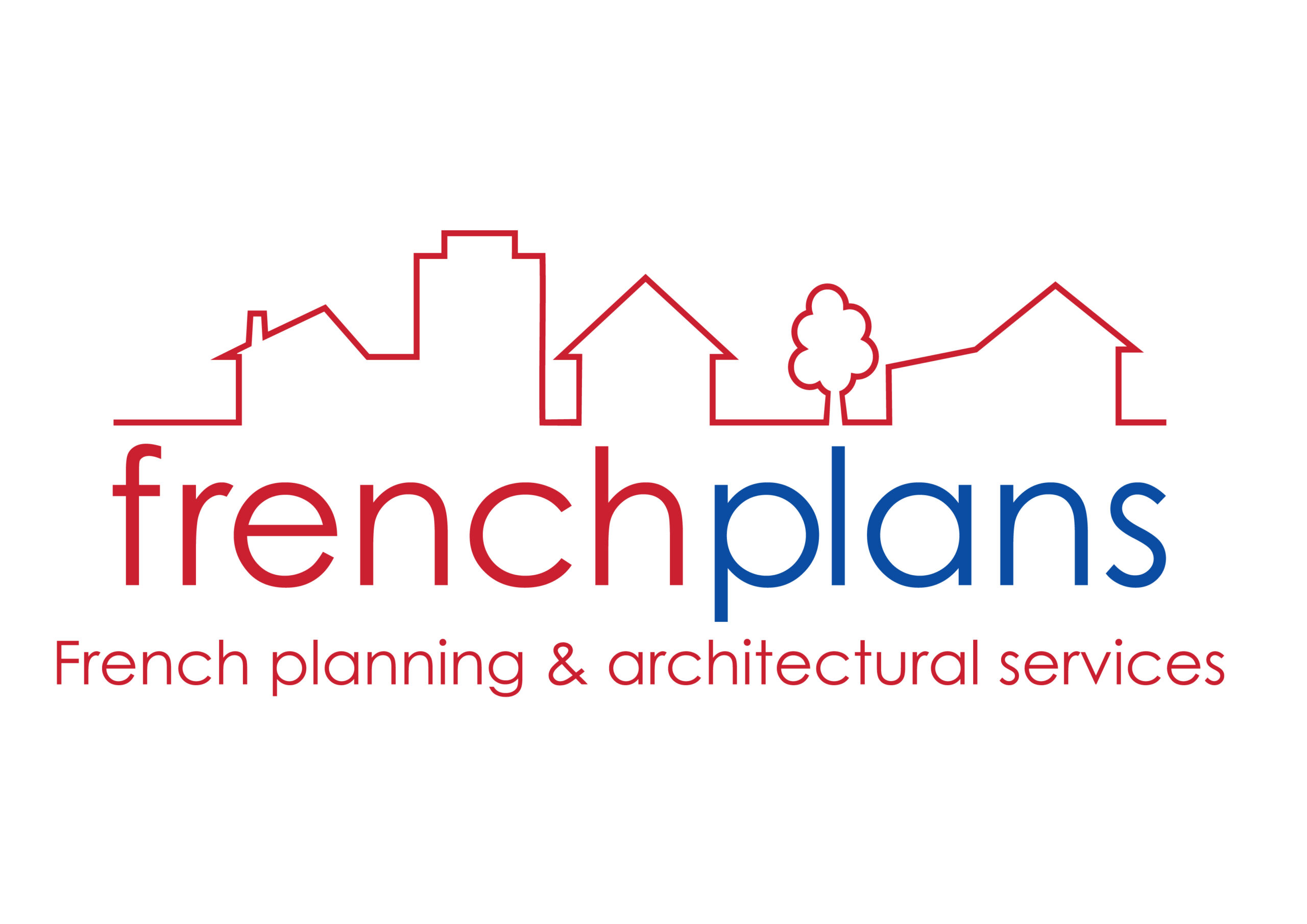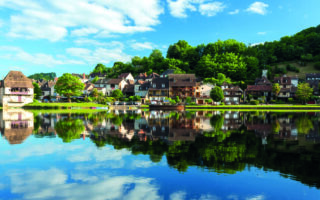Planning Permission Q&A
Expert FAQs


Tom Easdown offers advice on planning permits…
What level of development is permissible for properties which aren’t in the constructible zone?
As a general rule, new constructions in the non- constructible zone are limited to registered farmers (as most non-constructible zones are agricultural), other farming activities, and those needed for state or public services.
The conversion or limited extension of existing buildings or dwellings and annexes (pools, sheds, garages…) are usually permissible, but it will depend on the local planning framework-each commune in France has the right to set its own regulations, meaning there can be vast differences from one commune to another.
We inadvertently extended our French home without planning permission, do we have any options for retrospective consent?
The short answer is “it depends’. There is no guarantee, because the work undertaken must be permissible within the current regulations, not those which applied at the time the work was done. This includes conformity with thermal insulation regulations and, where relevant, an appropriate private drainage system which meets the requirements of the new accommodation levels created by the extension.
The retrospective process is very similar to a normal planning application, including existing and proposed plans and drawings. This can be quite challenging where significant works have been carried out without planning approval, and there may no longer be any record of what the property looked like beforehand.
The application and dossier need to show that the work has already been carried out, and that the application is to formally recognise this fact and to seek a régularisation permit.
Many people are under the misapprehension that all manner of things can be done to a property in France without a permit, but in many ways the system here is more demanding and restrictive than in the UK, for example. A modest extension to an existing property is rarely refused, though precise dimensions and distances from boundaries will play a part in the decision.
It is important to remember that where unauthorised works have been carried out on a property, it will become evident at the time of a sale when the notaire prepares the sale contract. Planning officers are rarely in a hurry to deal with retrospective applications under these circumstances.
Can I buy a farm with land and outbuildings to turn into a private aerodrome?
Good question, and one that does come up from time to time! Firstly, the property must be in a planning zone where such use is permissible in principle. By its very nature, a farm is likely to be in the agricultural zone, and as a rule any activity that may adversely affect farming will be refused.
It would also be usual for a private aerodrome to require a hangar to house the aeroplane(s), and that also needs building consent. The actual runway and surrounding areas require significant land and there must be conformity with local regulations as regards distance from neighbouring boundaries.
Finally, consent will also be required from the aviation authority to ensure there is no interference with nearby airports and/or commercial flight activities.
Where possible, it is better to seek properties for sale which already have an aerodrome as consent for new applications is difficult (although not impossible!)
Land for taking-off/landing a helicopter is not subject to the same limitations and it can be far easier to obtain consent.
Tom Easdown is the Director of French Plans. For more information about French Plans, visit www.frenchplans.com
To enquire about renovations, new builds or conversion projects, call +33 (0)6 75 05 36 86 or email enquiries@frenchplans.com
French Plans will be on stand 57 at the French Property Exhibition on the 25th & 26th January, 2025. You can get your free tickets here, attend their seminar and ask any questions in person.
The unique mix of legal, financial and tax advice along with in-depth location guides, inspiring real life stories, the best properties on the market, entertaining regular pages and the latest property news and market reports makes French Property News magazine a must-buy publication for anyone serious about buying and owning a property in France.
Lead photo credit : © Shutterstock
Share to: Facebook Twitter LinkedIn Email
More in renovation
By French Plans
Leave a reply
Your email address will not be published. Required fields are marked *




